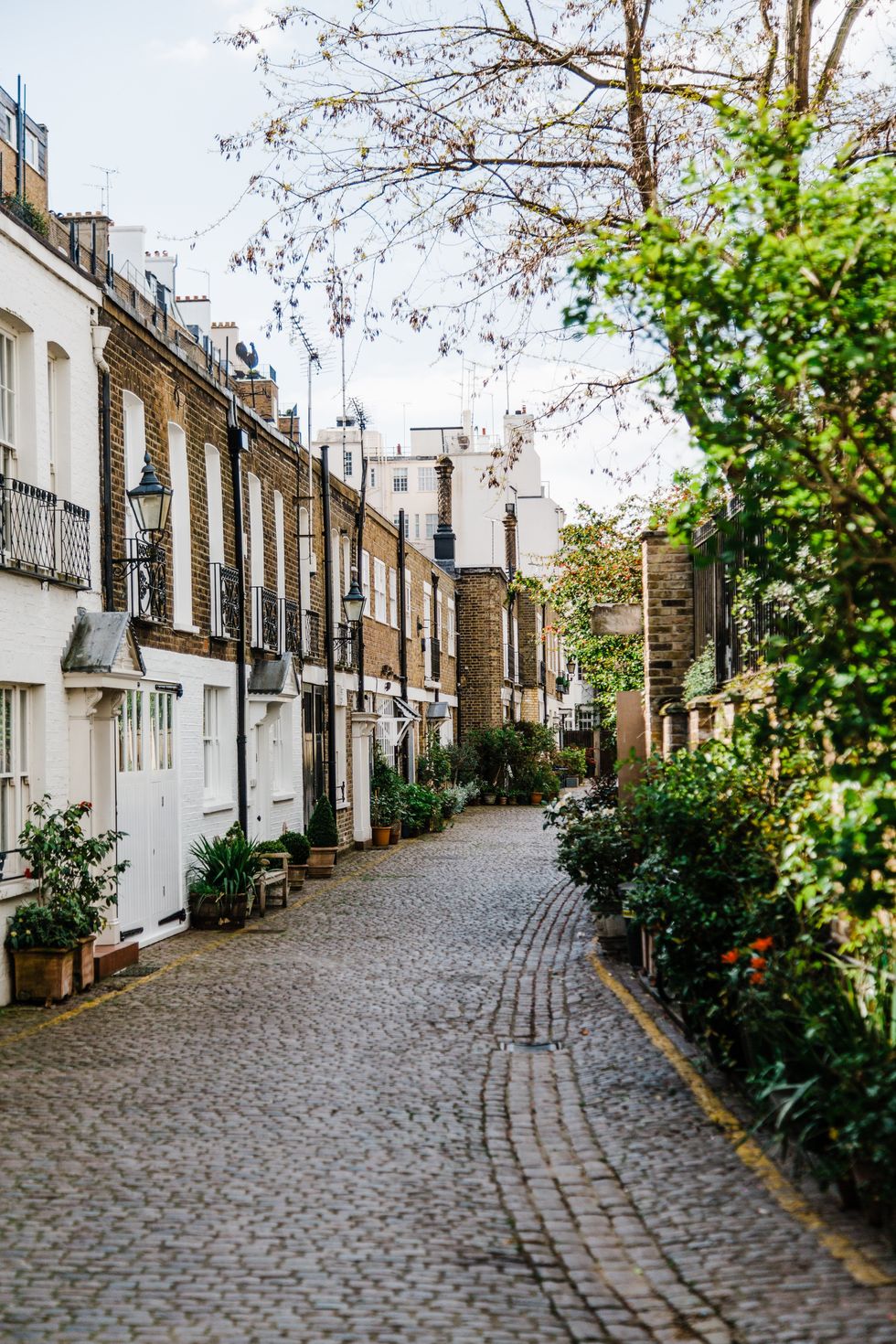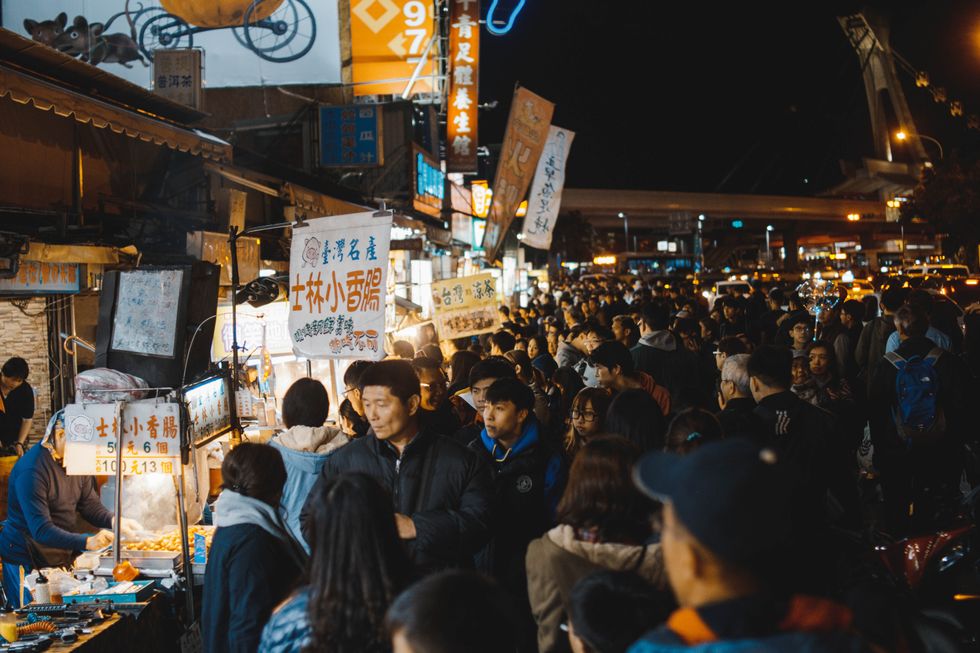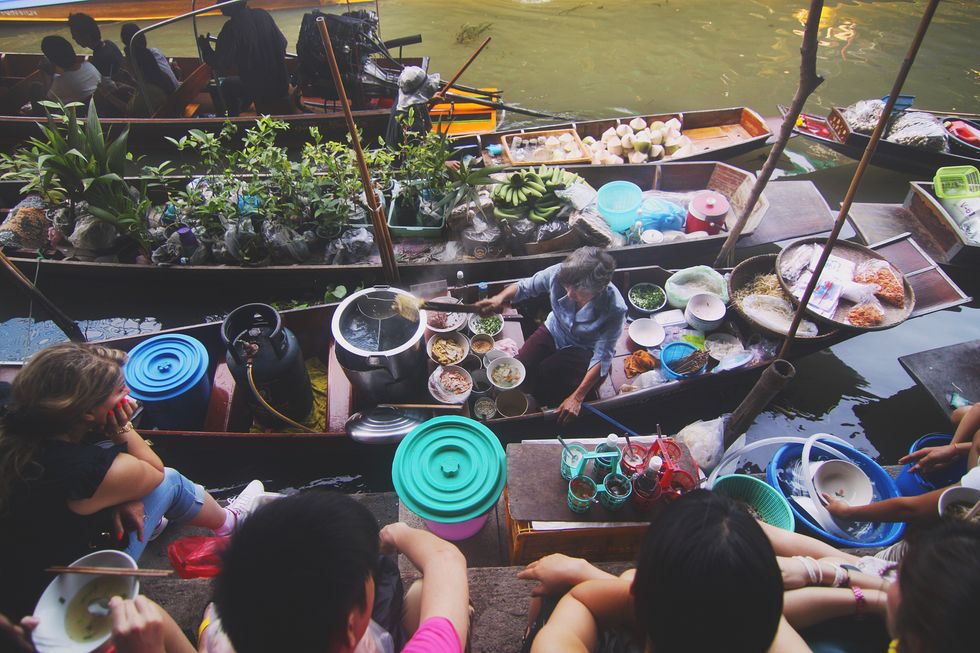
Tips to navigate a country as a foreigner living abroad

Living abroad in a foreign country is a lot like running a marathon. Many people admire your gumption, at times you’ll wonder why you ever agreed to it because sometimes you just want to go back home and admit defeat, and it’s something you’ll be proud of the rest of your life.
Do your homework before taking the leap
The difficulty you’ll face adjusting to your new locale greatly depends on where you choose to live. As a native English speaker, moving to a country whose official language is English will be a lot easier than moving to one where you can’t even understand the characters on the street signs.
The weather may also be very different from what you are used to. Summer days stretch on for hours in the Nordic countries (Reykjavik holds the world record for the longest day in a capital city at 21 hours, 45 minutes), while winters are bleak and dark. Denizens of this chilly city only get four hours of daylight in winter. If you’re someone who thrives in a sunny climate, you’ll most likely be miserable for more than half the year if you move to Scandinavia.
Another thing to take into account is affordability. Unfortunately, affordability is usually inversely correlated with infrastructure, technology, comfort, and medical care. Take a look at rents in neighborhoods you’d want to live in, and investigate the costs of owning a car, or the convenience of the public transportation system. If you’re set with the amenities, make sure wherever you’re planning on living has a medical care system you’re comfortable with. Don’t expect Western-grade medical care in a developing nation (unless it’s one known for medical tourism).
Make the leap
Once you’ve done your homework and decided that yes, you can see yourself living in a different country, it’s time to plan out your finances. Will your stint be funded by savings, or will you need to work while living abroad? If you’re planning on working, make sure you have the proper work permit. You may want to apply for jobs before moving, or if you’d rather start looking when you arrive, check out some interesting looking companies before you go.
Find your bearings
 If you lived here, you would be home now
If you lived here, you would be home now
You’ve taken the plunge and you’re now an official resident of a foreign country – congratulations! If your company hasn’t arranged for living arrangements or you’re abroad on your own, it’s time to seek permanent housing. This is when both first-hand and second-hand research come in handy. The second-hand research can be done online. Look for rents within your budget, then see what is written about the neighborhoods in the area you want to live. Once you’ve narrowed down your search to a few potentials, visit the area during the weekend and at night, two times when it will probably be at its loudest and most crowded, to gauge your comfort level with the noise.
Unless you’re planning on Venmo’ing money to your landlord, before you are able to sign a lease, you may need to open a local bank account to pay rent. Don’t take this decision lightly. Like choosing a bank at home, make sure that your new one has a minimum balance you can afford, and that ATMs are national if possible. Part of the fun of living abroad is exploring your new host country; if you’re stuck paying ATM fees when you cross into the neighboring city it’s going hurt your finances.
The power of plastic
Side note: acquiring a credit card that doesn’t charge fees for international purchases is a must. Unless, of course, such a card would send you into miserable spiraling debt. But, barring that, it’s incredibly helpful to have a credit card at your disposal when you don’t want to carry cash. Just check if it has an annual fee before applying. If you’re only planning for using it for emergency purposes, paying $100 a year is probably not worth the fees you’re avoiding on foreign transactions.
Stake out the local grocery options
 Do as the locals do, eat as the locals eat
Do as the locals do, eat as the locals eat
Depending on where you live, buying prepared (read: street or hawker) food may be incredibly inexpensive, or unaffordable for everyday meals. Or perhaps you enjoy the satisfaction of creating your meals. Whatever your reason for buying groceries, make sure to check out a wide variety of stores or stalls before deciding on a favorite.
There’s usually two or three types of grocery stores: one that’s expat-friendly and wallet-unfriendly, the local haunt, and perhaps one that’s suitably in between. The expat-friendly one carries your favorite brand of sugary cereal, but it will cost you $21 USD. These grocery stores cater to richer expatriates whose companies are funding their life abroad and who can’t bear the thought of giving up their beloved foods from home. You’ll be able to get a lot of the foods you would normally enjoy in your home country, but be prepared to shell out.
 Start making some food memories
Start making some food memories
On the other end of the pendulum you’ll find the markets the locals frequent. These are infinitely more fun, as they are bursting with foreign delicacies like jellyfish and pig snouts. They’ll be less expensive, but depending on your familiarity with the local tongue, you may have difficulty deciphering the ingredients or price. Not to mention there are just some items that you can find at home that are simply not part of a culture abroad (vanilla flavored macadamia milk and organic kale and quinoa burgers, I’m looking at you) and will certainly not be available at local outposts.
Befriend both locals and other expats
 Put yourself out there and you’ll be rewarded
Put yourself out there and you’ll be rewarded
While it may seem counterintuitive to seek out other expats when living in a foreign country–I mean, the whole reason you’re abroad is to experience a new way of living–having both types of friends can be quite fulfilling and helpful. Expats are the ones who will clue you into where to locate hard-to-find imported products, and often have helpful advice on navigating the local culture. Locals are wonderful for expanding your view of the world and to clue you in on the best holiday spots that tourists haven’t ruined yet.
Culture clash
Know that your country of origin probably has some customs that foreigners find bizarre, and vice versa. Take note of these cultural landmines before they blow up in your face. Do some research on what is considered TMI and what are acceptable topics of conversation. Observe local customs (like taking off your shoes before entering a home, or exchanging business cards using both hands at once), and other non-verbal cues–people will appreciate your thoughtfulness.
Living abroad is the adventure of a lifetime. It can be a bit challenging sometimes, but it’s in these difficult moments that you’ll grow the most. Perhaps this is the most rewarding souvenir of all.



